Campus Sustainability News
News on campus sustainability initiatives, emerging programs, rankings, awards, student initiatives, green teams, and more from across the Cornell University campus.
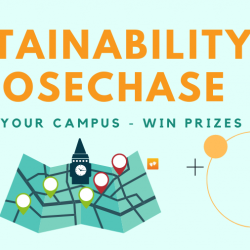
Compete in Cornell’s Sustainability ‘Goosechase’ Scavenger Hunt! Competition Runs August 30th - September 30th. Open to all Cornell students and employees.
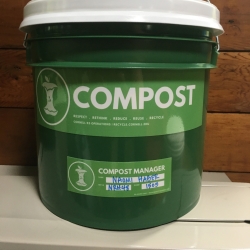
Help reduce food waste by managing composting now available in residential communities. Sign-up by Sept 24th.
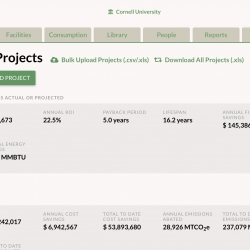
Deep investments in energy efficiency at Cornell have led to financial and energy savings, and reductions to our carbon footprint. The University has invested in a decades-long Energy Conservation Initiative (ECI) with staff who implement carbon-saving measures such as lighting, heating, and other energy upgrades. A new portal captures individual projects and their collective impact.
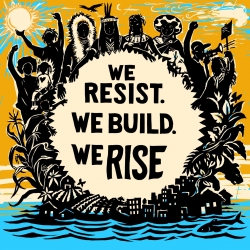
Matéa LeBeau is a junior in the College of Architecture, Art, and Planning, contemplates the necessary role of visual and expressive artists in creating understanding and solutions to the climate challenge.
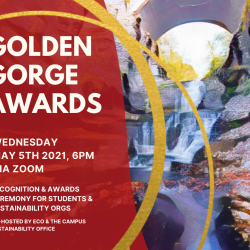
Annual Golden Gorge ceremony recognizes student leadership in sustainability across all areas of the campus.
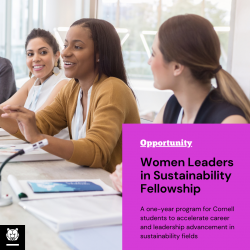
A one-year program open to accelerate career and executive-leadership advancement in sustainability-related fields.
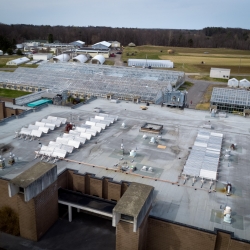
The Guterman Research Center now joins the Nevin Welcome Center at Cornell Botanic Gardens and the Combined Heat and Power Plant as the only sites of solar thermal systems on the Ithaca campus.
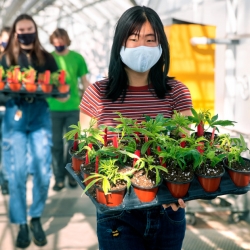
Cornell University celebrates all things sustainability during the entire month of April. This year, join a new Green Room Certification pilot, become a Residential Composter, attend a virtual student sustainability leadership conference, and more.
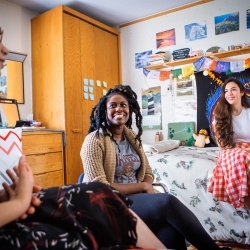
The Residential Sustainability Leaders are launching a Green Room Certification pilot this Spring. Help us test the certification - and make your living space more sustainable - by being one of the first to sign up.

Join Cornell in participating in the 5th annual International Laboratory Freezer Challenge. Participating labs will compete against fellow Cornell labs as well as laboratories around the world as they are guided in implementing best practices in cold storage management to achieve greater energy efficiency, sample integrity, and sample access.
